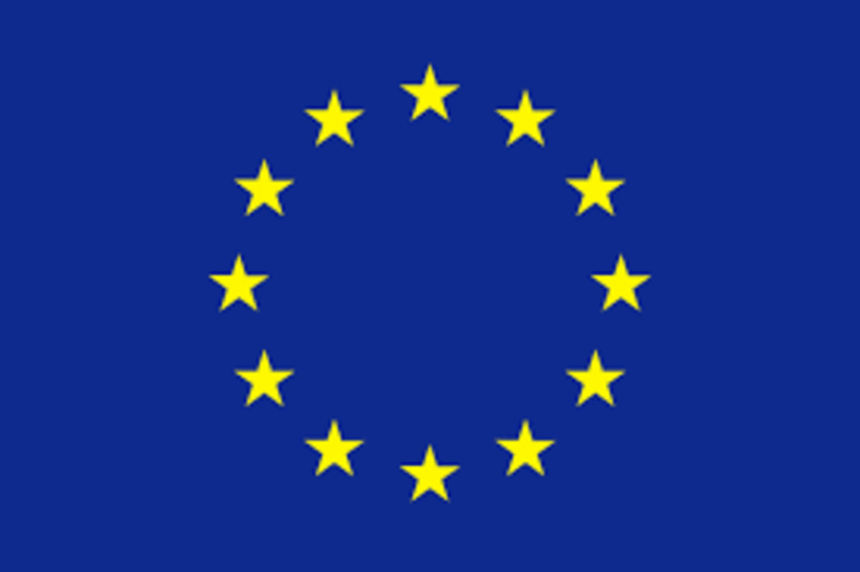The European Union (EU) has allocated €500,000 (over N900 million) in humanitarian aid to provide emergency assistance to children and mothers suffering from severe acute malnutrition in response to the alarming levels of malnutrition in northeastern Nigeria.
This funding will enable the Nigeria Red Cross Society to assist approximately 170,000 households affected by or at risk of malnutrition in the northern states of Adamawa, Benue, Borno, Katsina, Niger, Sokoto, Taraba, Yobe, and Zamfara.
The aid will specifically support lifesaving activities for over 30.000 children in urgent need of treatment. Community outreach and screening will be integrated with outpatient care for uncomplicated severe cases using ready-to-use therapeutic food while the most complex cases will be referred to health centres for specialised care, all in accordance with national health protocols.
The Red Cross will expand its health and nutrition interventions while contributing to improving the medium-term resilience of the affected families and intensifying efforts in water, protection, sanitation and hygiene.
This funding is part of the EU’s overall contribution to the Disaster Response Emergency Fund (DREF) of the International Federation of Red Cross and Red Crescent Societies (IFRC).
In the Northeast (Adamawa, Borno and Yobe States) and Northwest (Katsina, Sokoto and Zamfara States) of Nigeria, an estimated 5.44 million children under five are acutely malnourished. 2 million are projected to suffer from severe acute malnutrition in Northeast Nigeria, which requires lifesaving treatment, especially during the peak of the lean season from June to September 2025.
The nutrition crisis is worsening, driven by ongoing conflict and growing insecurity. This has led to prolonged displacement, a loss of livelihoods, and a significant reduction in vulnerable families’ access to essential healthcare services.
Compounding this situation are economic pressures and climate-related shocks such as flooding, as well as suboptimal maternal and child feeding practices.
WATCH TOP VIDEOS FROM NIGERIAN TRIBUNE TV
- Let’s Talk About SELF-AWARENESS
- Is Your Confidence Mistaken for Pride? Let’s talk about it
- Is Etiquette About Perfection…Or Just Not Being Rude?
- Top Psychologist Reveal 3 Signs You’re Struggling With Imposter Syndrome
- Do You Pick Up Work-Related Calls at Midnight or Never? Let’s Talk About Boundaries







